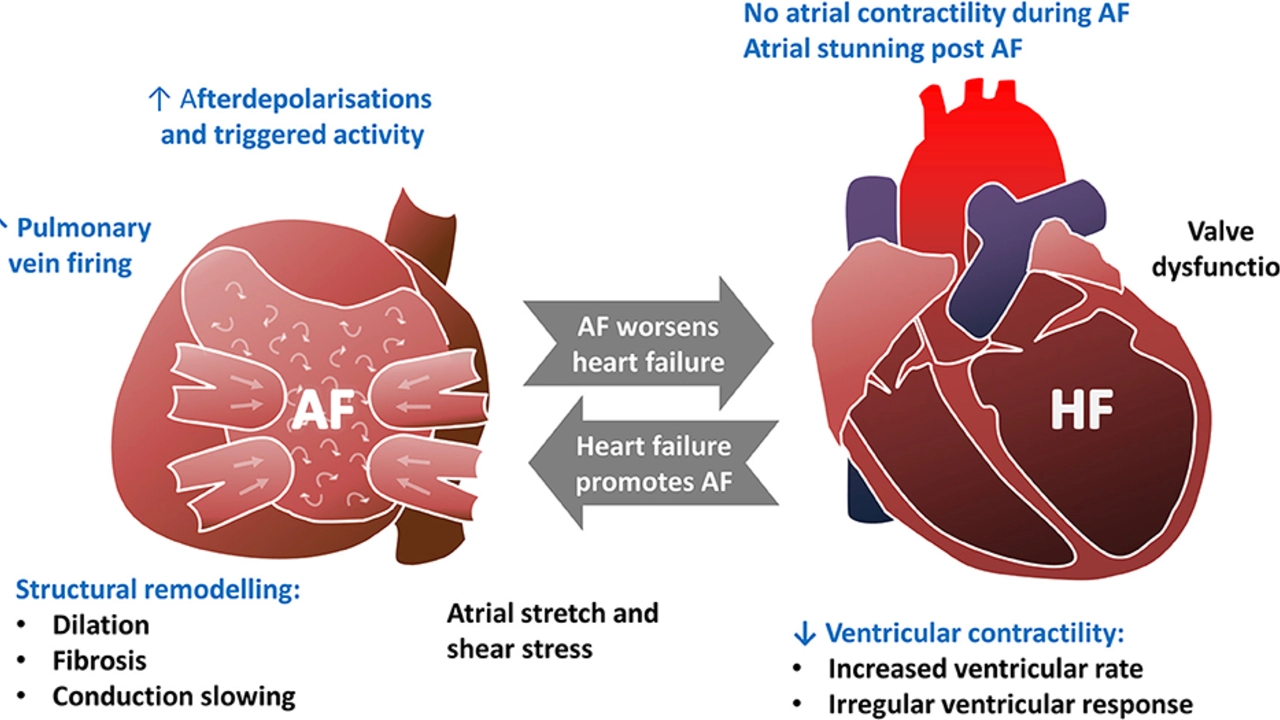Heart health made simple: what to watch for and what to do
Heart problems can show up in small ways at first — tiredness, shortness of breath, or a strange pressure in your chest. Those signs matter. Know them. Act fast when something feels off. This page pulls together clear, practical steps you can use right now to protect your heart and get help when needed.
Spot warning signs and act
Chest pain that spreads to your arm, jaw, or back, sudden shortness of breath, fainting, or heavy sweating are red flags. If you or someone else has these, call emergency services immediately. For people with angina, nitroglycerin sublingual tablets can ease pain fast — learn how to use them safely in our guide Nitroglycerin Sublingual Tablets: Your Go-To for Saving Lives in Heart Emergencies. Don’t wait to get evaluated; quick treatment changes outcomes.
Some medicines and habits change how your heart works. For example, spironolactone affects potassium and can change heartbeat risk if mixed with certain drinks or supplements. If you drink alcohol while on spironolactone, check practical tips in Safe Socializing and Alcohol Tips for Spironolactone Users. Always tell your doctor about every drug and supplement you take.
Everyday habits that protect your heart
Small habits add up. Aim for a balanced plate: vegetables, whole grains, lean protein, and less salt. Walk 30 minutes most days — you don’t need a gym. Manage stress with short breathing breaks, and quit smoking if you can. Keep an eye on blood pressure and cholesterol: home checks or a quick clinic visit will tell you where you stand.
Medication matters. If you’ve been prescribed drugs for blood pressure, cholesterol, or heart rhythm, take them exactly as directed. Missed doses or mixing meds without advice can cause real harm. If you’re curious about alternatives or interactions with other conditions (like asthma or endocrine issues), read related posts on inhaler options and treatment choices — sometimes a different inhaler or dose matters for people with heart issues.
Regular checkups save lives. Ask for a basic ECG or a cholesterol panel if you’re over 40, have diabetes, or have a family history of heart disease. If you’re an athlete or exercise a lot, some meds and supplements affect heart rate or blood pressure — and some are banned in sport. Our articles on athlete-safe inhalers and medication reviews can help you sort safety from hype.
Want quick reads from our site? Check the nitroglycerin emergency guide (post 22876) and spironolactone social tips (post 32538) for targeted advice. If you have specific symptoms or questions about a medicine, reach out to your pharmacist or doctor—this page is a starting point, not a diagnosis.
Atrial Fibrillation and Alternative Therapies: Are They Effective?
In my recent exploration of Atrial Fibrillation, a common heart disorder, I've delved into various alternative therapies and their effectiveness. Some of these non-mainstream treatments, like yoga, acupuncture, and herbal supplements, show promise in managing symptoms and improving quality of life. However, it's crucial to remember that they aren't replacements for traditional medical care. Research is ongoing, and while some findings are encouraging, the results are mixed. Always consult with a healthcare provider before starting any alternative therapies for Atrial Fibrillation.






